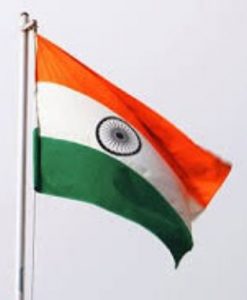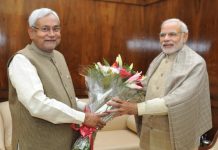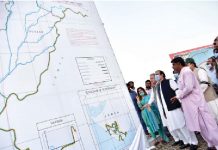 India climbed one spot to 130 among 189 nations in the latest human development index released on September 14 by the United Nations Development Programme (UNDP).
India climbed one spot to 130 among 189 nations in the latest human development index released on September 14 by the United Nations Development Programme (UNDP).
Among South Asian nations, India’s human development index (HDI) value is above the average of 0.638 for the region, with Bangladesh and Pakistan being ranked 136 and 150 respectively.
HDI value for 2017 is 0.640, which put the country in the medium human development category.
In 2016, India’s HDI value of 0.624 put it at 131 rank.
Between 1990 and 2017, India’s HDI value increased from 0.427 to 0.640, an increase of nearly 50 per cent. This is an indicator of the nation’s achievements in lifting millions of people out of poverty.
Francine Pickup, Country Director, UNDP India, while lauding India in improving its HDI value said, “The Government of India is committed to improving the quality of life for all its people. The success of India’s national development schemes like Beti Bachao Beti Padhao, Swachh Bharat, Make in India, and initiatives aimed at universalizing school education and health care, will be crucial in ensuring that the upward trend on human development accelerates and also achieve the Prime Minister’s vision of development for all and the key principle of the Sustainable Development Goals — to leave no one behind.”
The HDI value is a summary measure for assessing long-term progress in three dimensions of human development: first is a long and healthy life, second is an access to knowledge and third one is a decent standard of living.
Norway, Australia, Switzerland, Ireland and Germany led the ranking, while nations like Niger, the Central African Republic, South Sudan, Chad and Burundi have secured lowest ranking in the HDI’s measurement of national achievements in health, education and income.












